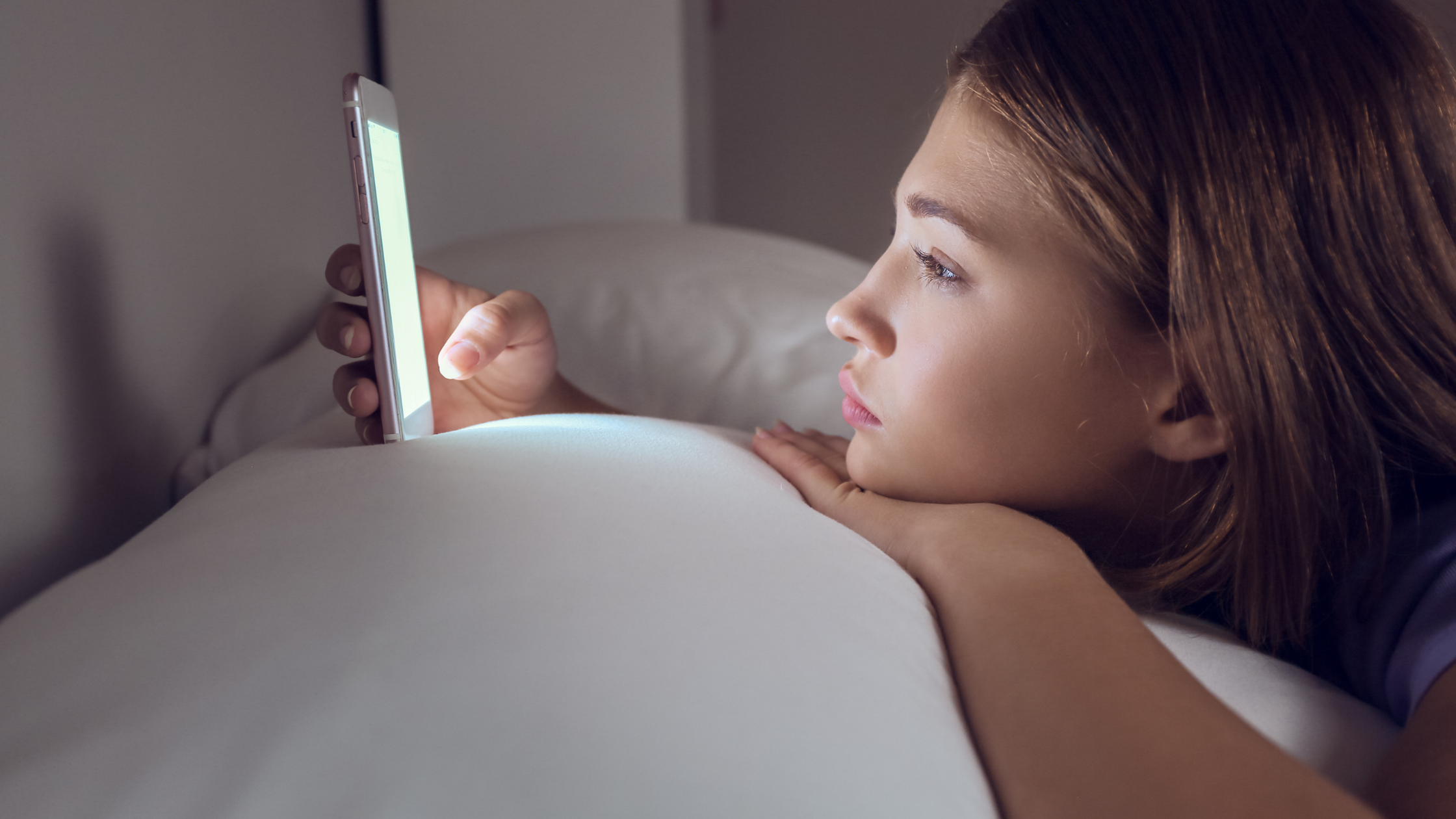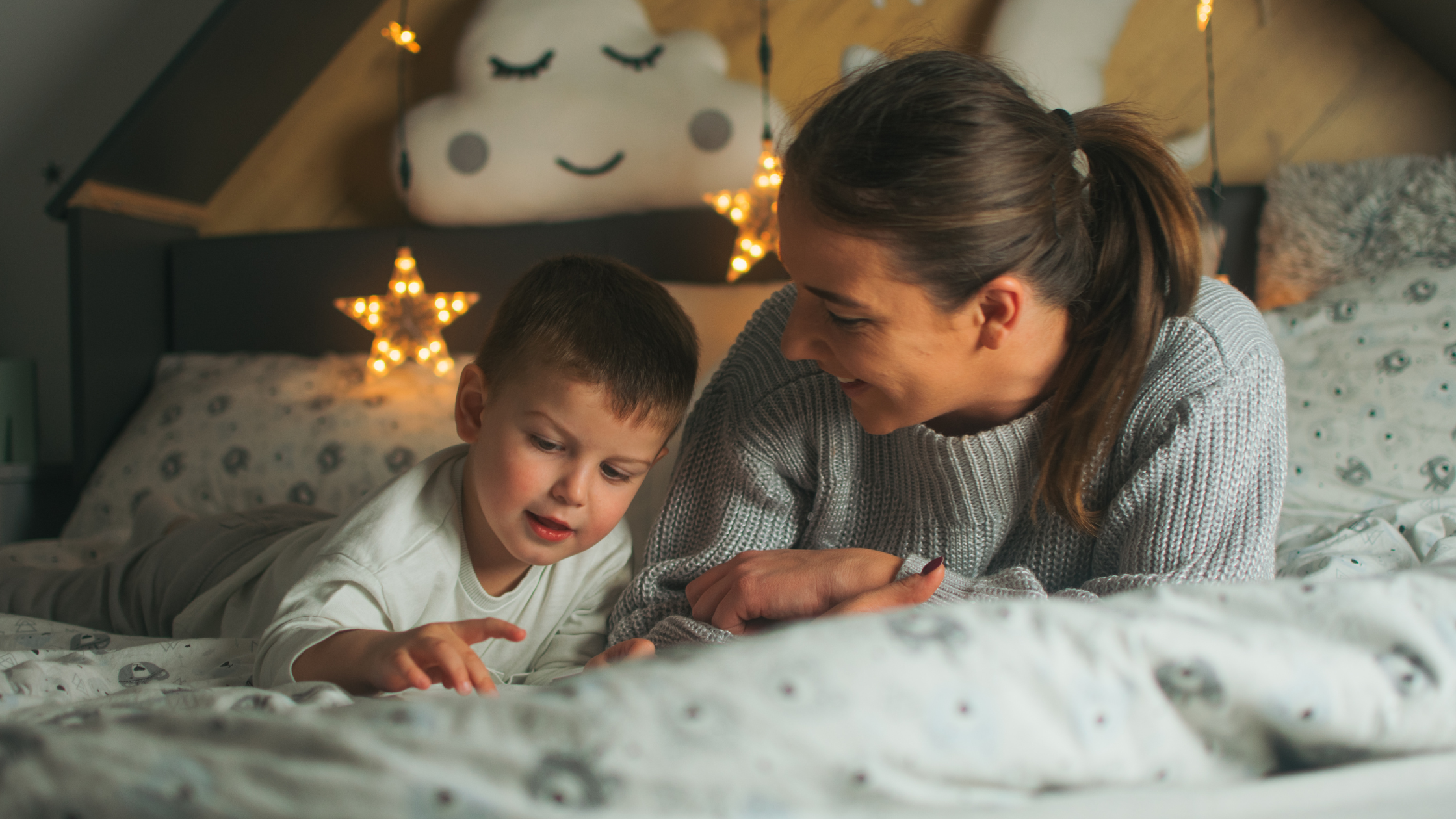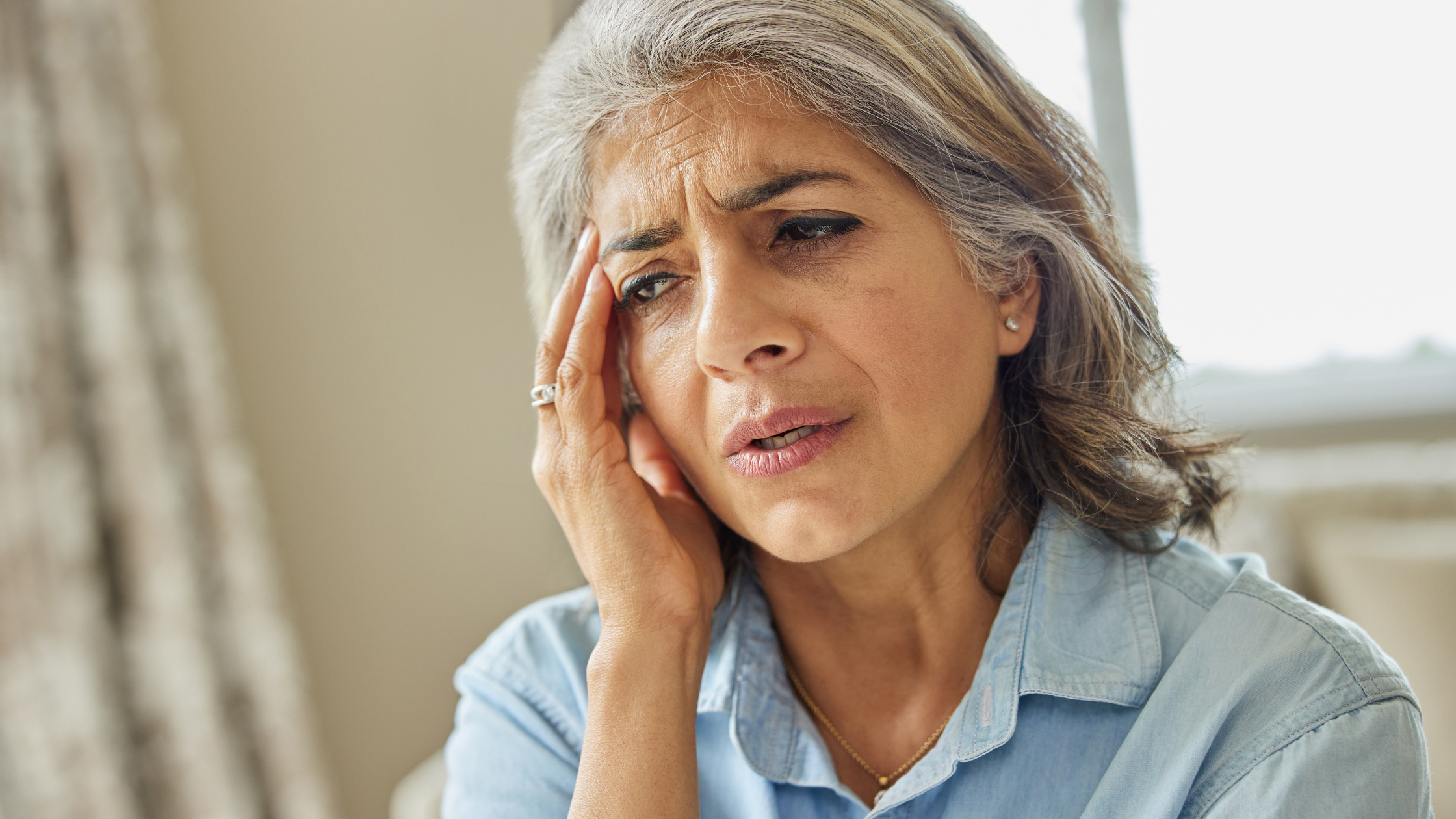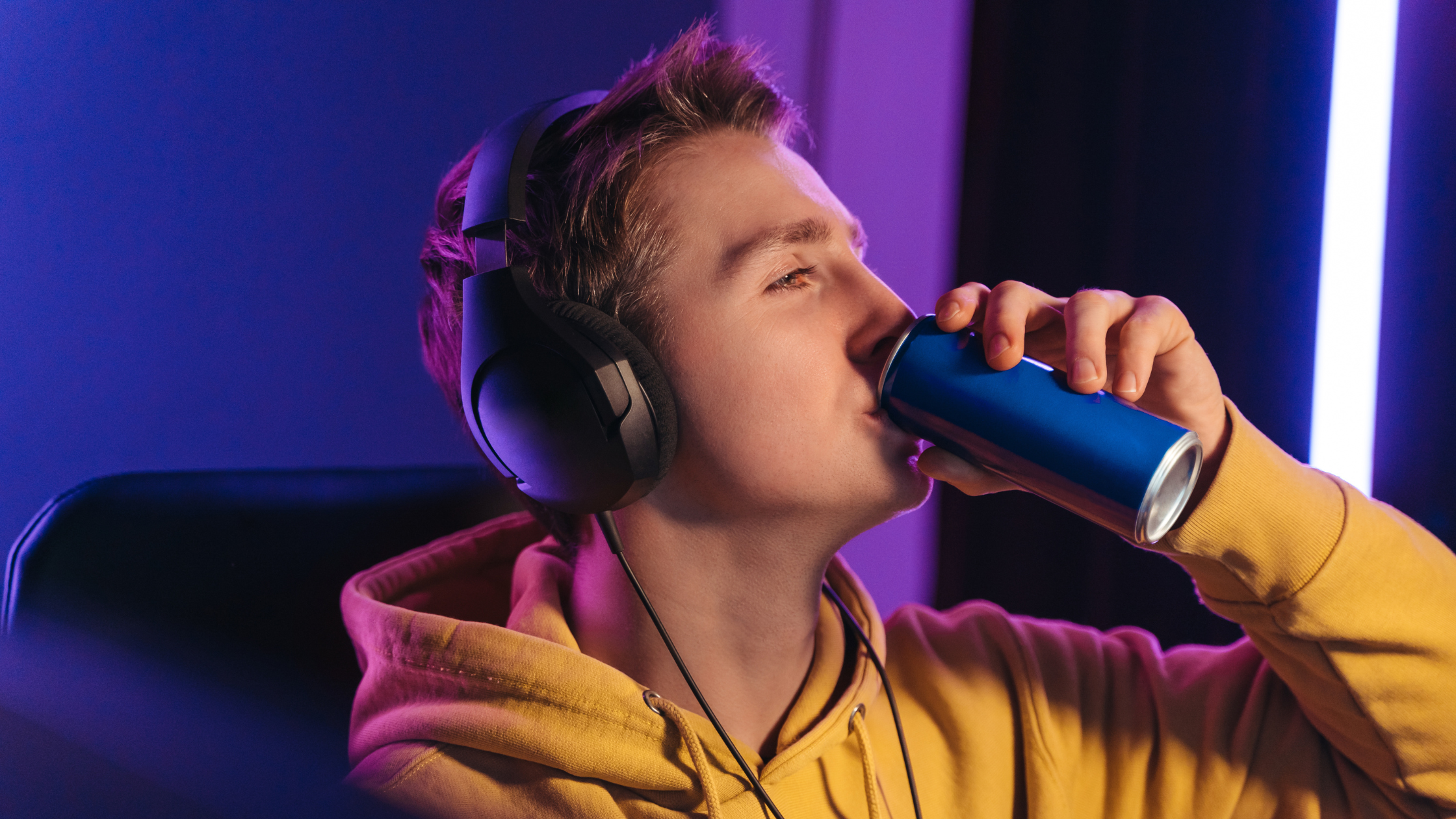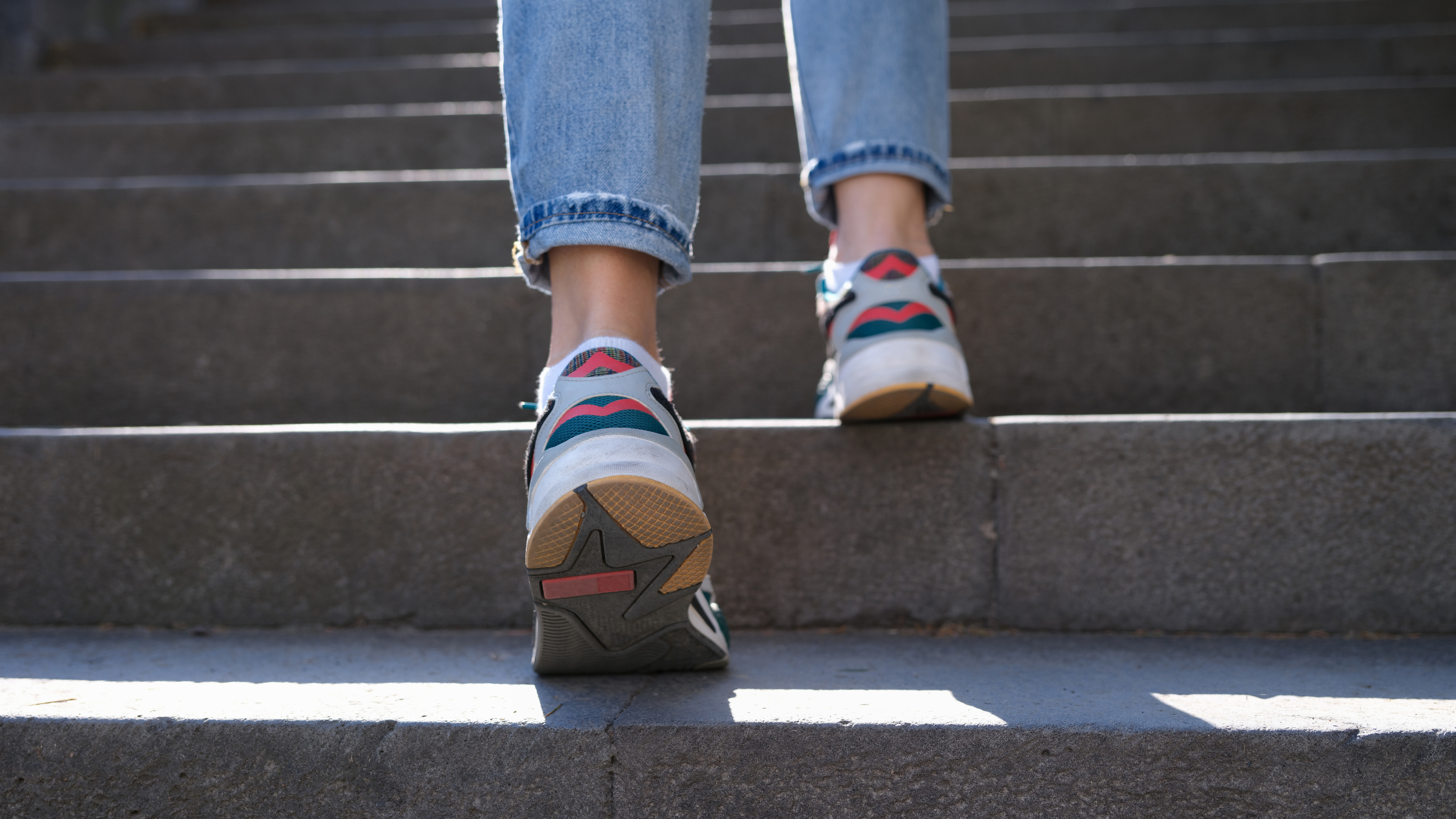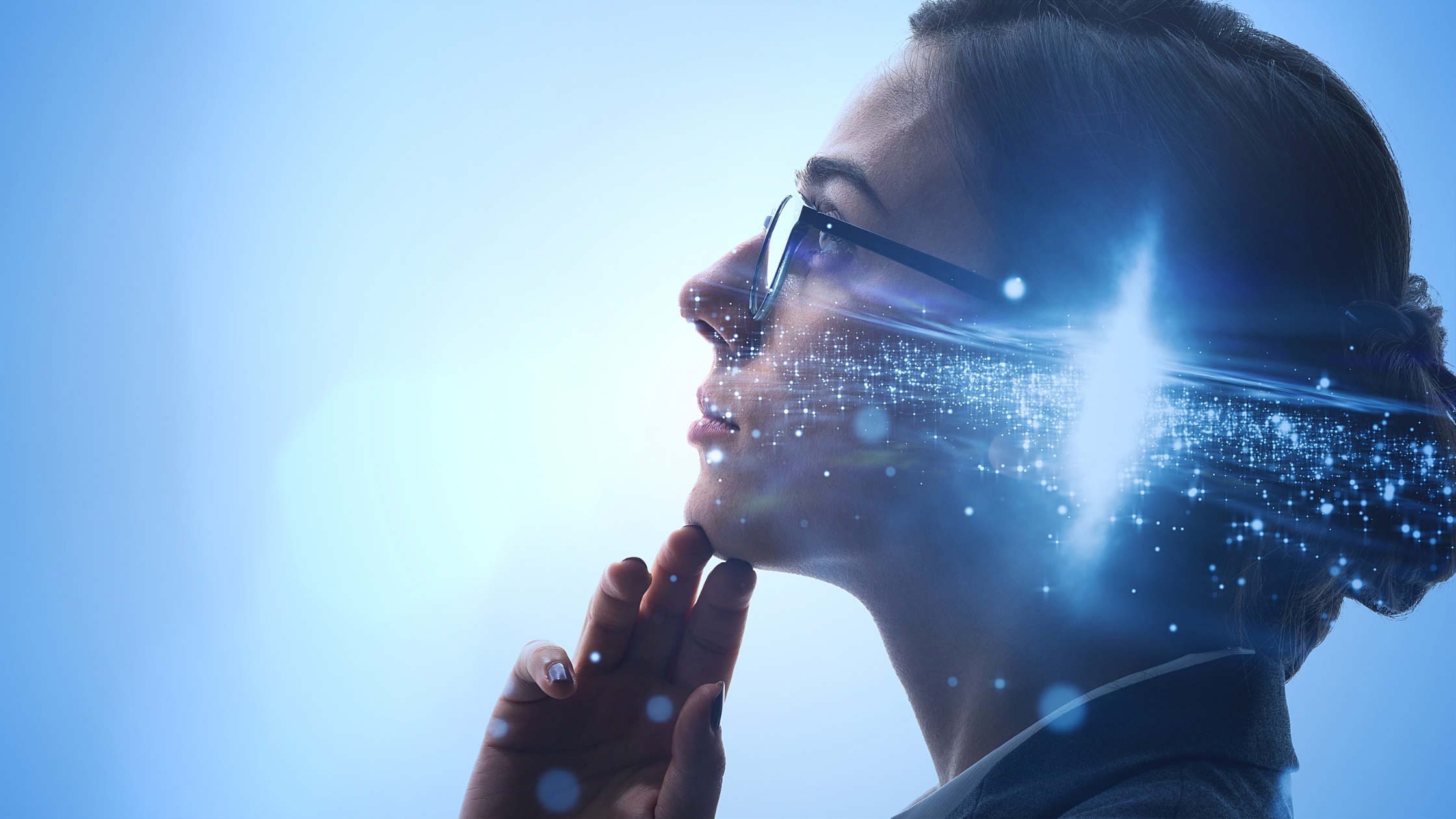In today’s hyper-connected world, social media has become an integral part of our daily lives. From Facebook and Instagram to TikTok and Twitter, platforms are constantly vying for our attention, often leading us to spend hours scrolling, posting, and interacting. While social media has many benefits—such as fostering connections and providing entertainment—it can also have a detrimental effect on our sleep. This blog post delves into how social media can induce sleep disorders, the underlying mechanisms, and strategies for reclaiming healthy sleep patterns.
Darian Dozier
Recent Posts
Adjusting Your Sleep Patterns as a Newcomer to Alaska
Moving to Alaska is an exciting adventure, but it comes with unique challenges, especially when it comes to adjusting your sleep patterns. Alaska’s extreme variations in daylight—from long, bright summers to dark, cold winters—can significantly impact your body’s natural sleep-wake cycle. If you’ve recently moved to the Last Frontier, you may find it difficult to maintain a regular sleep routine, but with some planning and mindfulness, you can adjust to Alaska’s unique light cycles and ensure you’re getting the rest you need.
In this blog post, we’ll explore how Alaska’s environment affects sleep and provide practical tips for adapting your sleep patterns to your new surroundings.
Establishing and maintaining a consistent bedtime routine is one of the most important things you can do for your child’s well-being. Adequate sleep is crucial for children’s physical health, emotional regulation, cognitive development, and overall behavior. However, getting kids to stick to a set bedtime can often be a challenge, especially when there are distractions like screens, activities, or resistance from the kids themselves.
In this blog post, we’ll explore why enforcing bedtimes is so important, how to be strict (but fair) about bedtime rules, and tips to make the process smoother for both you and your child.
Nighttime Leg Swelling: Causes, Concerns, and Remedies
Nighttime leg swelling, or nocturnal edema, is a common issue that many people experience but often overlook. While some occasional swelling in the legs or ankles may be harmless, frequent or persistent swelling can indicate an underlying health problem. In this blog post, we'll explore the causes of nighttime leg swelling, potential health concerns, and what you can do to manage or prevent it.
Cognitive Decline vs. Sleep Apnea: Understanding the Connection
Cognitive decline and sleep apnea are two health concerns that affect millions of people, especially as they age. While cognitive decline typically refers to a gradual reduction in memory, thinking skills, and problem-solving abilities, sleep apnea is a sleep disorder that causes interrupted breathing during sleep. Recent research suggests that these two conditions may be more closely linked than previously thought.
In this blog post, we’ll explore what cognitive decline and sleep apnea are, how they are connected, and what can be done to protect both brain function and sleep health.
Caffeine pills are a popular choice for people seeking a quick and convenient way to boost energy and stay alert. Whether you're pulling an all-nighter, trying to power through a busy workday, or looking for a pick-me-up before a workout, caffeine pills offer a controlled dose of caffeine without the need to brew coffee or consume sugary energy drinks.
However, while caffeine can be effective for enhancing alertness and focus, it can also have a detrimental effect on sleep. In this blog post, we'll explore how caffeine pills work, their impact on sleep quality, and how to manage their use to avoid disrupting your rest.
The Impact of Energy Drinks on Sleep: What You Need to Know
Energy drinks have become a go-to solution for many people seeking a quick burst of energy, increased focus, or enhanced performance. With their bold claims of boosting alertness and fighting fatigue, it’s no wonder they are a popular choice for those who need an energy lift, whether to tackle a long day at work, power through an intense workout, or stay awake during late-night study sessions. However, while these drinks provide a temporary energy boost, they can have a significant and negative impact on your sleep.
In this blog post, we’ll explore how energy drinks affect your ability to fall asleep, stay asleep, and get quality rest—and why the short-term benefits may not be worth the long-term consequences.
How Walking Can Improve Your Sleep: The Power of a Daily Stroll
Walking is one of the simplest and most accessible forms of exercise, but its benefits extend far beyond physical fitness. Among the many advantages, walking can have a significant impact on the quality of your sleep. Whether you're someone who struggles with falling asleep or staying asleep, adding a daily walk to your routine may be the key to improving your sleep patterns.
In this blog post, we'll explore the connection between walking and sleep, and why taking regular walks can enhance both the quantity and quality of your rest.
Sleep is essential for maintaining overall health and well-being, but its role in regulating the body’s natural production of endorphins is often overlooked. Endorphins, known as the body's "feel-good" hormones, play a key role in pain relief, mood enhancement, and stress reduction. Sleep, on the other hand, is critical for the brain and body to recover and rejuvenate. Together, sleep and endorphins create a powerful cycle that promotes mental and physical health.
In this blog post, we’ll explore the connection between sleep and endorphins, and how they work together to improve mood, reduce stress, and support overall well-being.
In a world that values creativity and innovation, the importance of sleep is often overlooked. Many people, driven by deadlines and ambitious goals, sacrifice sleep in the name of productivity. However, the repercussions of this choice can be severe—not just for physical health, but for the very essence of creativity itself. In this blog post, we’ll explore how a lack of sleep can stifle creative thinking and what you can do to protect your imaginative spark.

